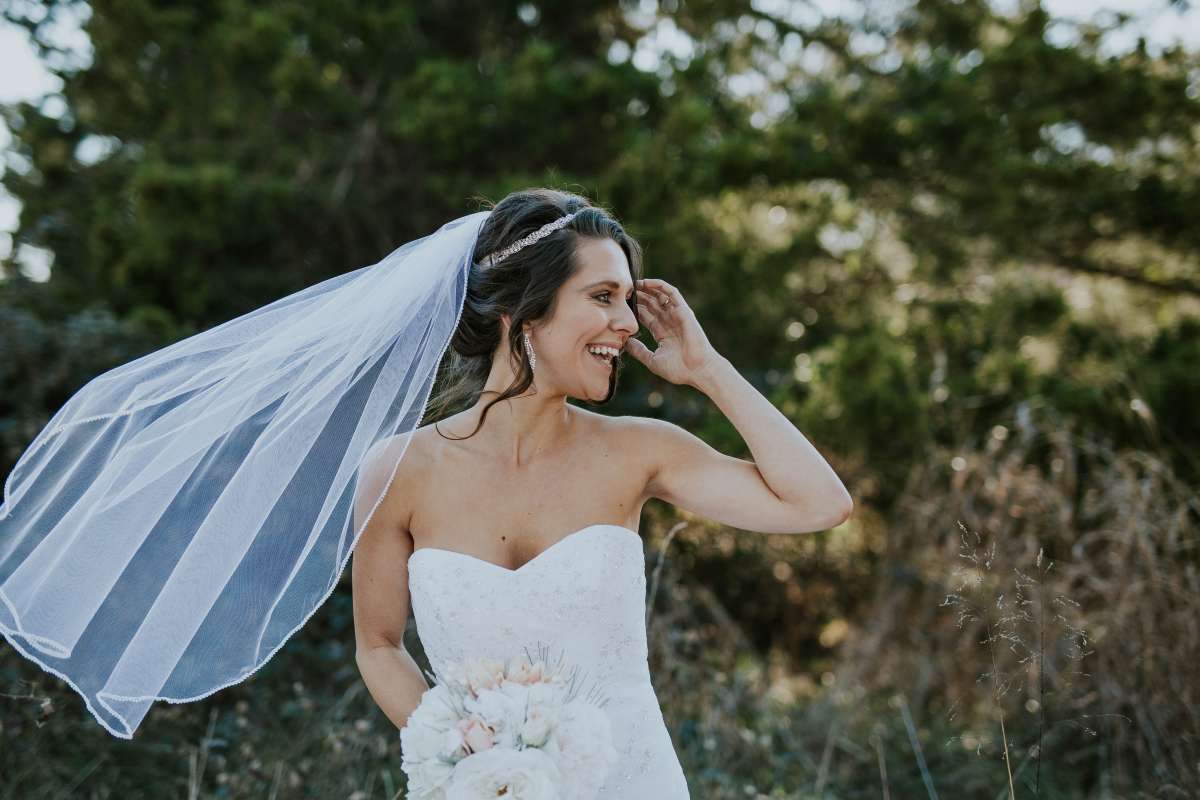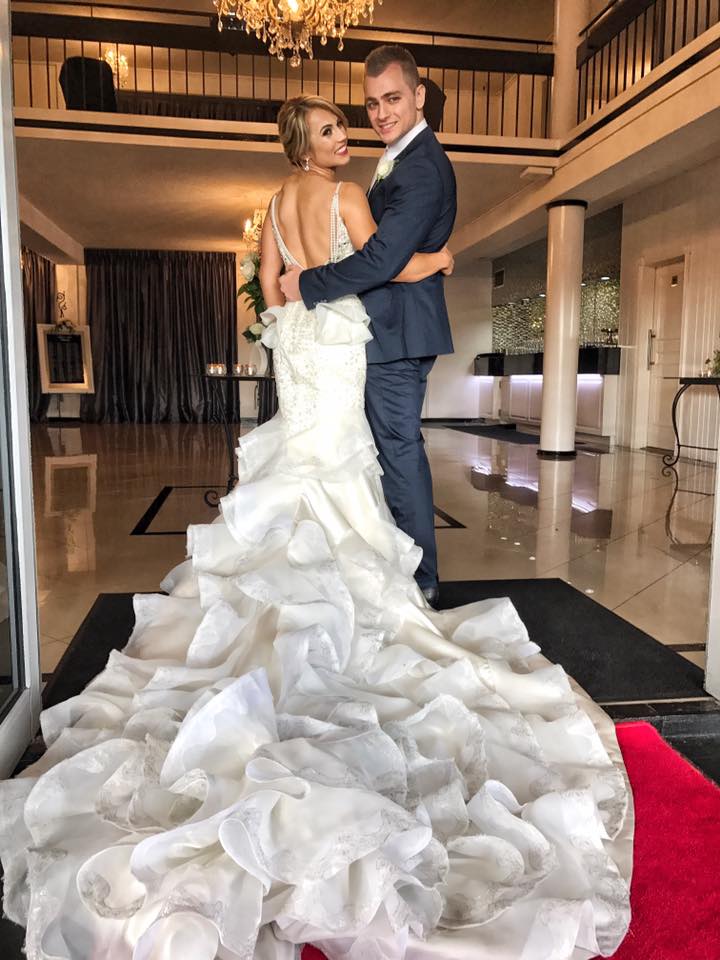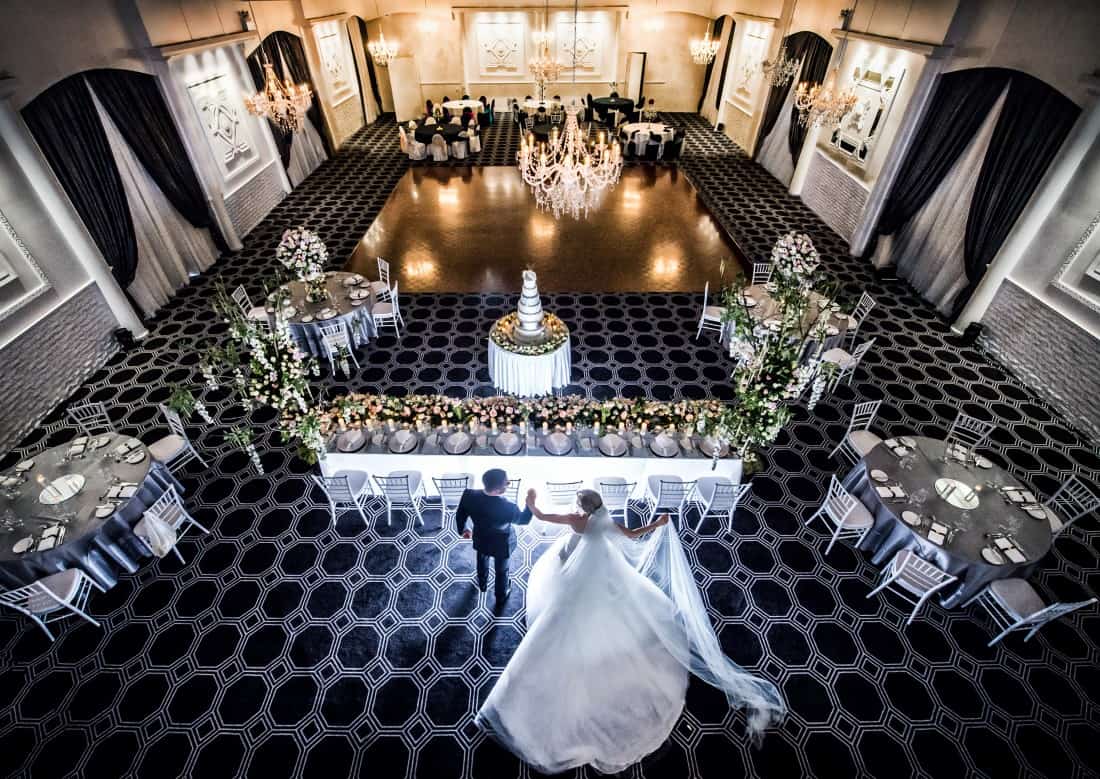A wedding timeline is essential in smoothly executing a couple’s big day. It ensures that all events flow seamlessly and stress is minimised. It serves as a detailed schedule, mapping out every key moment, from the bridal preparations to the final farewell, helping everyone involved—from the bride and groom to the vendors—stay on track.
With a timeline, delays can cascade, leading to missed opportunities for photos, rushed meals, or clarity among guests and vendors. A well-structured timeline ensures that every aspect of the wedding, whether the ceremony, cocktail hour, or reception, unfolds according to plan, maximising enjoyment for everyone involved.
Beyond logistics, a wedding timeline offers peace of mind to the couple. Weddings are emotionally charged events, and having a clear, organised plan helps reduce anxiety, allowing the couple to focus on celebrating rather than managing the details. It also communicates expectations clearly to vendors like the photographer, DJ, or caterer, ensuring everyone agrees and knows when they are needed.
The timeline is the backbone of the wedding day. It ensures everything runs smoothly and allows the couple and their guests to enjoy the moment without unnecessary stress or confusion.
Let’s Get Straight to the Point
A wedding timeline is crucial for ensuring the smooth flow of events on the big day and minimising stress for the couple, vendors, and guests. It helps coordinate key moments, such as the ceremony, dinner, speeches, and reception activities while keeping everyone on the same page. A well-planned timeline prevents delays and miscommunication and allows vendors like the photographer, caterer, and DJ to perform their roles efficiently.
Additionally, it enhances the guest experience by ensuring they take advantage of all important moments. By starting with the ceremony time and working backward, couples can plan essential preparations while leaving room for adjustments, ensuring the day remains stress-free and enjoyable.
Coordinating With Vendors
One of the main reasons for having a wedding timeline is to ensure that your vendors are fully prepared and coordinated throughout the day. Each vendor relies on timing—whether it’s your caterer needing to know when to serve dinner or your photographer planning to capture the perfect moments. A timeline makes it possible for everyone to be on the same page.
Key Points:
- Vendors can anticipate and prepare for transitions between events.
- Helps prevent delays or miscommunication.
- Ensures seamless coordination for critical moments like the first dance, speeches, and dinner.
The Bridal Party And Guest Experience
Ensuring Guests Are Included
A clear timeline helps keep guests informed and ensures they don’t miss any special moments. Whether it’s the first dance, cake cutting, or the bouquet toss, a wedding timeline guarantees that everyone, including family and friends, can participate in the most important parts of the celebration.
Key Points:
- Keeps the bridal party and guests aware of the day’s events.
- Reduces the likelihood of missing key moments.
- Ensures punctual arrival and participation from all involved.
Vendor Arrival Times
Importance Of Timely Arrivals
Knowing when your vendors arrive is crucial for ensuring everything is in place. For example, florists should arrive early enough to set up before the photographer takes pre-ceremony shots. Similarly, catering should be aligned with the event schedule to ensure food is served on time.
Key Points:
- Timely arrival allows for pre-event setup, such as decorations and photo sessions.
- Essential for coordinating event transitions smoothly.
Dinner Service And Ceremonial Timing
Timing Dinner Service
Dinner timing is another crucial component. Guests shouldn’t wait too long after the ceremony before being served, and speeches and dances should also be planned around dinner service to ensure a smooth flow of events. Delays in meal service can lead to happier or more comfortable guests.
Key Points:
- Ensure that dinner is served promptly to avoid delays.
- Coordinate with the caterer for proper meal timing between activities.
Ceremony Timing Affects Everything
Importance Of Ceremony Time
The time of your ceremony affects many aspects of the day, from photography to your guests’ arrival. If you’re planning to take pictures in natural light, it’s vital to check sunset times and schedule accordingly. Good lighting can make a world of difference for wedding photos.
Key Points:
- Ceremony time affects photography and lighting.
- Double-check sunset times if you’re planning outdoor photography.
Dj And Announcements
The DJ or live band is not just responsible for music; they often serve as the master of ceremonies, guiding guests through the various parts of the reception. A detailed timeline ensures the DJ knows when to make announcements, whether introducing the couple or announcing the next dinner course.
Key Points:
- DJs rely on timelines for announcements and music cues.
- Keeps the reception running smoothly with a proper flow of events.
Role Of The Wedding Planner
The Role Of A Planner
A wedding planner plays a significant role in creating and maintaining the timeline. They work behind the scenes to coordinate all vendors and events. If there’s a hiccup during the event, they’ll adjust the schedule accordingly, preventing any ripple effect from affecting the entire day.
Key Points:
- Wedding planners oversee the timeline and make necessary adjustments.
- They ensure every vendor is aligned with the day’s schedule.
The Timeline As A Master List
Timeline And Contact Information
A wedding involves multiple vendors; having their contact information in one place is essential. Including phone numbers and email addresses on the timeline ensures quick communication if any issues arise. This can be especially useful if last-minute adjustments are required.
Key Points:
- Keep vendor contact information easily accessible.
- Allows quick communication in case of delays or adjustments.
Avoiding Missteps
Preventing Mistakes
Even the best plans can go wrong. For instance, if a toast runs longer than anticipated, a timeline allows the caterer to delay serving the next course or the DJ to adjust the music schedule. This flexibility is vital for keeping the event on track without stress.
Key Points:
- Helps vendors and planners adjust to unexpected delays.
- Keeps the day running smoothly despite changes.
Keeping The Couple Stress-Free
One of the main benefits of a wedding timeline is that it removes stress from the couple. Without a timeline, you’ll likely be interrupted with questions throughout the day. With one in place, vendors and family members know exactly what to expect and where they need to be.
Key Points:
- Reduces interruptions for the couple.
- Keeps the day stress-free and organised.
Creating Your Wedding Timeline
Start With Ceremony Time
When planning your timeline, start with the ceremony time and build outwards. Consider when to start getting ready, take pre-ceremony photos, and prepare the reception space. By working backward from the ceremony, you can ensure all the necessary tasks are completed in time.
Key Points:
- Start with the ceremony and work backwards.
- Ensure adequate time for pre-ceremony preparations.
Special Considerations For The Reception
Reception Details
The reception has its own set of events that must be scheduled carefully. From the first dance to cutting the cake, each moment should be planned to keep the evening flowing smoothly. It’s also important to consider any venue restrictions, such as a noise ordinance, which may limit the length of your reception.
Key Points:
- Schedule key moments like the first dance, toasts, and cake cutting.
- Be aware of any venue restrictions on time or noise.
A detailed wedding timeline ensures your big day runs smoothly and stress-free. From coordinating with vendors to keeping guests and the bridal party informed, a timeline guarantees everyone is on the same page. By including buffer times and distributing the schedule to all involved parties, you can enjoy your wedding day fully without worrying about logistics.




